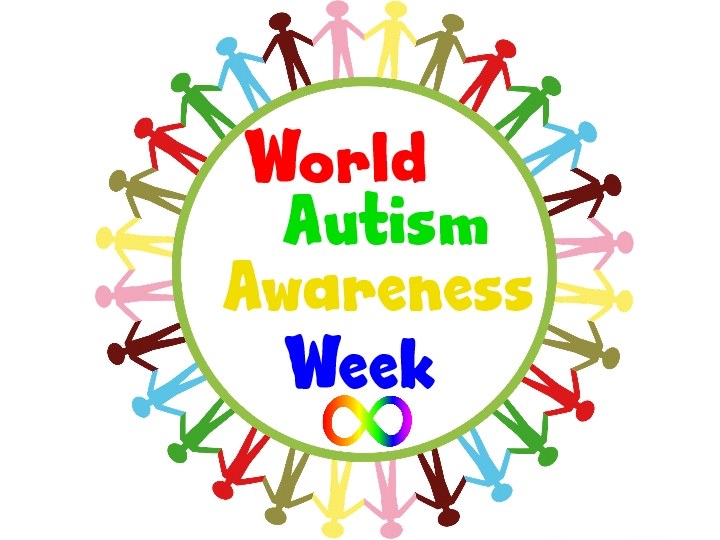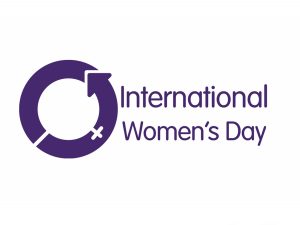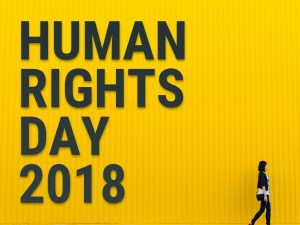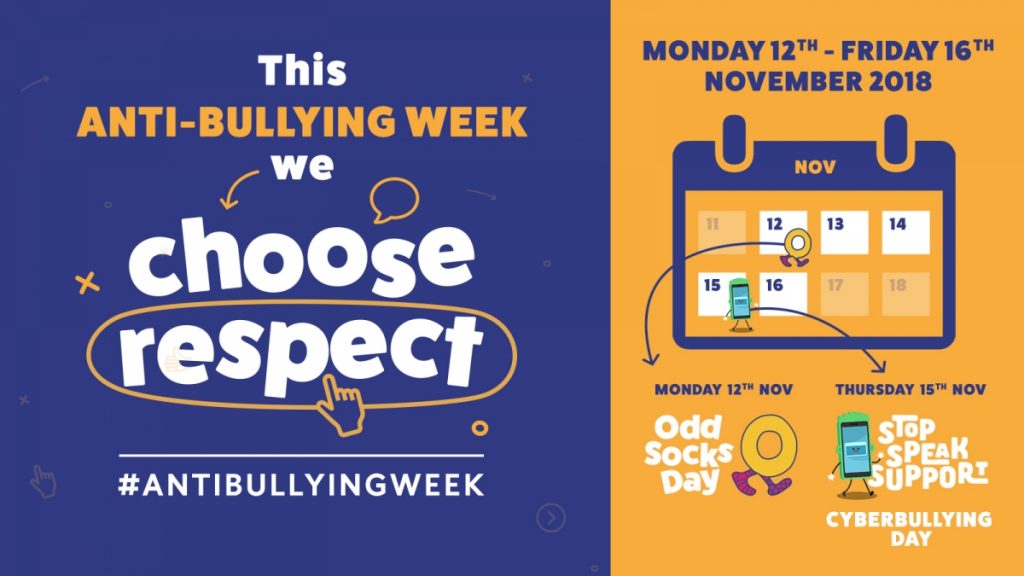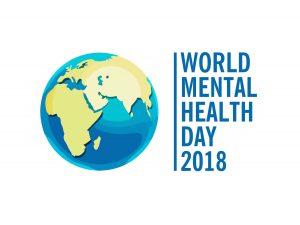
World Mental Health Day: 10th October 2018
This year’s World Mental Health Day focuses on young people in a changing world.
Half of all mental illness begins by the age of 14, but most cases go undetected and untreated. Depression is one of the most common diseases in teenagers and suicide is the leading cause of death for people between 5-19 years old.
Being young can be difficult, with changes in every part of your life. From exam pressures, social media, getting to grips with dating, to moving away to uni or getting a new job, young people deal with many different pressures while growing up. Often at the same time they are starting to use drugs, like alcohol, which can make problems worse.
Unfortunately there’s still a taboo around mental illness that means problems are too often kept secret rather than shared with friends and family. Luckily many of our schools have already got the message about the importance of helping youngsters build the mental resilience from early life. This World Mental Health day is all about improving communication between young people and parents, teachers and friends, to let everyone know that, like physical health, mental health is something to work at and to talk about openly.
If you are experiencing mental health problems or need support, there are lots of places you can go to for help.
Samaritans
Telephone: 116 123 (24 hours a day, free to call)
Email: jo@samaritans.org
Website: www.samaritans.org
Provides confidential, non-judgemental emotional support for people experiencing feelings of distress or despair, including those that could lead to suicide. You can phone, email, write a letter or in most cases talk to someone face to face.
Mind Infoline
Telephone: 0300 123 3393 (9am-5pm Monday to Friday)
Email: info@mind.org.uk
Web site: www.mind.org.uk/help/advice_lines
Mind provides confidential mental health information services. With support and understanding, Mind enables people to make informed choices. The Infoline gives information on types of mental distress, where to get help, drug treatments, alternative therapies and advocacy. Mind also has a network of nearly 200 local Mind associations providing local services.
Rethink Mental Illness Advice Line
Telephone: 0300 5000 927 (10am-2pm Monday to Friday)
Email: info@rethink.org
Website: http://www.rethink.org/about-us/our-mental-health-advice
Provides expert advice and information to people with mental health problems and those who care for them, as well as giving help to health professionals, employers and staff. Rethink also runs Rethink services and groups across England and Northern
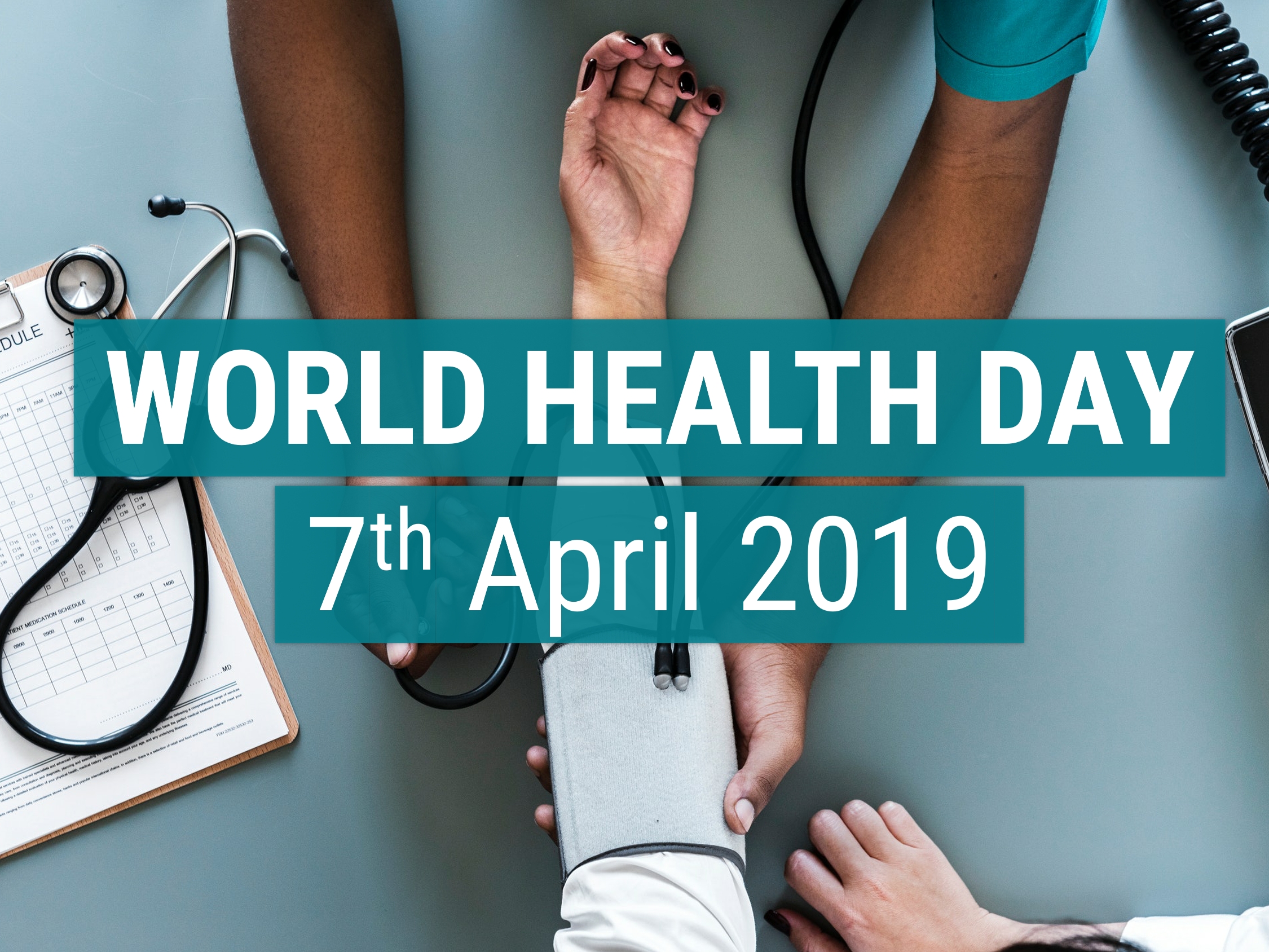 World Health Day takes place annually on 7th April, with the 2019 event aiming to promote universal health coverage. This year’s campaign aims to help people better understand what universal health coverage means, including what services and support should be available to them and where.
Universal health coverage aims to ensure that all people and communities have access to quality health services where and when they need them, without suffering financial hardship. This includes provision of all the services needed through life, from health promotion to prevention, treatment, rehabilitation, and palliative care.
Progress is being made in countries worldwide but there are still millions of people who do not have any access to healthcare. Millions of people are forced to choose between health care and other daily expenses such as food, clothing and even a home, with the World Health Organisation telling us the 800 million people spend at least 10% of their household budget on healthcare. This should never have to be the case. Health is a human right; everyone should have the information and services they need to take care of their own health and the health of their families.
Find out more about the campaign here and follow the events on the hashtags below:
#WorldHealthDay
Follow the link below to find out how you can help and get
involved with the week
https://www.autism.org.uk/get-involved/world-autism-awareness-week.aspx
World Health Day takes place annually on 7th April, with the 2019 event aiming to promote universal health coverage. This year’s campaign aims to help people better understand what universal health coverage means, including what services and support should be available to them and where.
Universal health coverage aims to ensure that all people and communities have access to quality health services where and when they need them, without suffering financial hardship. This includes provision of all the services needed through life, from health promotion to prevention, treatment, rehabilitation, and palliative care.
Progress is being made in countries worldwide but there are still millions of people who do not have any access to healthcare. Millions of people are forced to choose between health care and other daily expenses such as food, clothing and even a home, with the World Health Organisation telling us the 800 million people spend at least 10% of their household budget on healthcare. This should never have to be the case. Health is a human right; everyone should have the information and services they need to take care of their own health and the health of their families.
Find out more about the campaign here and follow the events on the hashtags below:
#WorldHealthDay
Follow the link below to find out how you can help and get
involved with the week
https://www.autism.org.uk/get-involved/world-autism-awareness-week.aspx
 World Health Day takes place annually on 7th April, with the 2019 event aiming to promote universal health coverage. This year’s campaign aims to help people better understand what universal health coverage means, including what services and support should be available to them and where.
Universal health coverage aims to ensure that all people and communities have access to quality health services where and when they need them, without suffering financial hardship. This includes provision of all the services needed through life, from health promotion to prevention, treatment, rehabilitation, and palliative care.
Progress is being made in countries worldwide but there are still millions of people who do not have any access to healthcare. Millions of people are forced to choose between health care and other daily expenses such as food, clothing and even a home, with the World Health Organisation telling us the 800 million people spend at least 10% of their household budget on healthcare. This should never have to be the case. Health is a human right; everyone should have the information and services they need to take care of their own health and the health of their families.
Find out more about the campaign here and follow the events on the hashtags below:
#WorldHealthDay
Follow the link below to find out how you can help and get
involved with the week
https://www.autism.org.uk/get-involved/world-autism-awareness-week.aspx
World Health Day takes place annually on 7th April, with the 2019 event aiming to promote universal health coverage. This year’s campaign aims to help people better understand what universal health coverage means, including what services and support should be available to them and where.
Universal health coverage aims to ensure that all people and communities have access to quality health services where and when they need them, without suffering financial hardship. This includes provision of all the services needed through life, from health promotion to prevention, treatment, rehabilitation, and palliative care.
Progress is being made in countries worldwide but there are still millions of people who do not have any access to healthcare. Millions of people are forced to choose between health care and other daily expenses such as food, clothing and even a home, with the World Health Organisation telling us the 800 million people spend at least 10% of their household budget on healthcare. This should never have to be the case. Health is a human right; everyone should have the information and services they need to take care of their own health and the health of their families.
Find out more about the campaign here and follow the events on the hashtags below:
#WorldHealthDay
Follow the link below to find out how you can help and get
involved with the week
https://www.autism.org.uk/get-involved/world-autism-awareness-week.aspx

